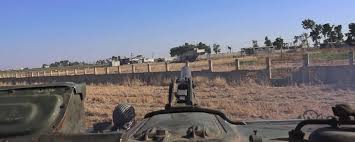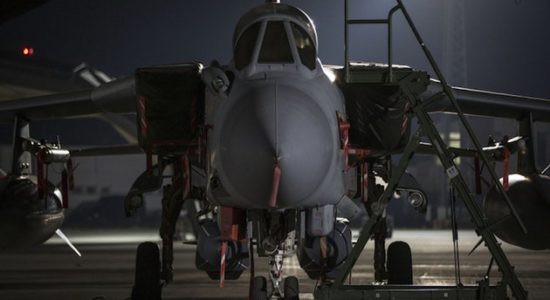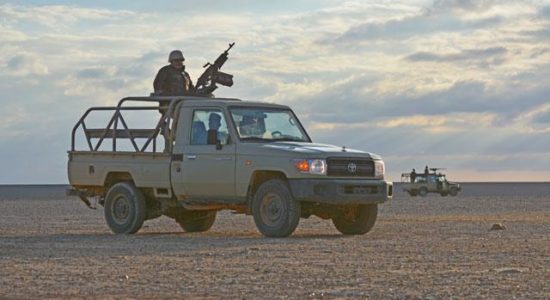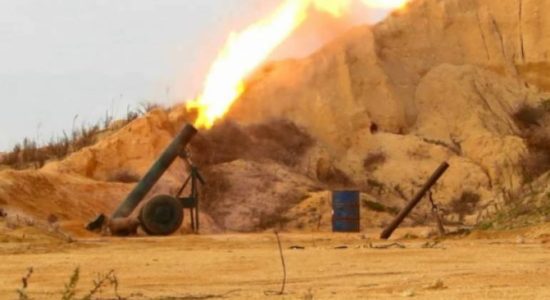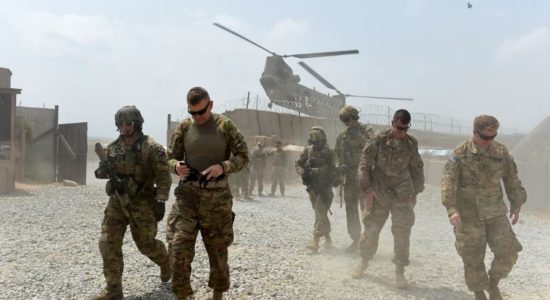The new phase of Iran-Israel “semi-confrontation”
Recent weeks have seen the hostility between Iran and Israel develop from a secretive conflict to come out into the open. The ongoing Israeli attacks on Iranian targets in Syria combined with Israeli propaganda targeting Iran have increased with Israel…


